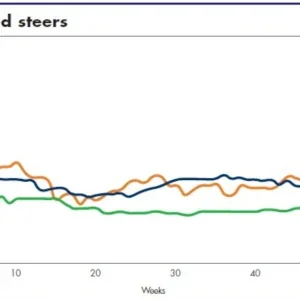The second IULTCS Eurocongress took place in Istanbul, Turkey, in the last week of May and was a testament to skilful management and generous hospitality. If Detek, the Turkish association responsible for organising the conference, viewed the event as a practice run before the IULTCS Congress due to take place there in 2013, they more than succeeded. It was much appreciated that the organisers did their best to keep speakers to their allotted timetable (this was not always easy) and another notable achievement was that all the presentations were given in English.
An interesting and varied programme showed that one the hot topics at this time included how to maximise the benefits from waste. The clear message is to use it not lose it (and pay expensive disposal costs). Other points of interest were fungicides, alternatives to chrome and fungicides. One of the livelier presentations was that of Dr Jens Fennen, TFL, who managed to capture his audience with the equivalent of a magic show. Solar reflective leather was the topic and Fennen came equipped with a pair of black shoes and a pair of black gloves, in each case with one of the pair made from standard leather and the other from solar reflective leather. An infrared light completed his equipment and when applied to samples in a darkened room was absorbed by the standard black as would be expected. However, the solar reflective properties of the other bounced the light back and showed one shoe and one glove as white. It was a very effective display.
Katia Padoan, Thor Specialties, Italy, explained the need for a new generation of fungicides which arises from the Biocidal Products Directive which means to establish a positive list of active substances and a National authorisation of Biocidal Products containing active substances which form part of the positive list. There are also three other pieces of relevant EU legislation which play their part in increased interest: the Dangerous Substances Directive; The Dangerous Preparations Directive and the Limitations Directive.
There was also a visual presentaton of studies on some essential oils used as fungicides during pickled pelt production of research on the effects of TCMTB and N-OITZ based fungicides used in the leather industry
Conversion of leather industry fleshings to biodiesel was the subject of a Turkish paper and lipase alcoholysis of triglycerides to produce tallodiesel as a transport fuel was a British visual display theme.
There were also two Turkish presentations focused on tanning with valonia which was explained in the second presentation. The TEMA Foundation (a non profit making organisation dedicated to reforestation and protection of natural habitats in Turkey) has started a campaign for the planting of ten billion oak trees including the tannin rich Quercus species. By the time the project ends, a huge amount of raw material for Valonia extract will be available and this has inspired research into improving the properties of valonia in order to extend its use to the global tanning industry. The first paper investigated the combined use of natural and/or modified valonia extracts and oxazolidine to obtain an efficient method of tanning.
We will be publishing a lot more about the conference in the weeks to come.






